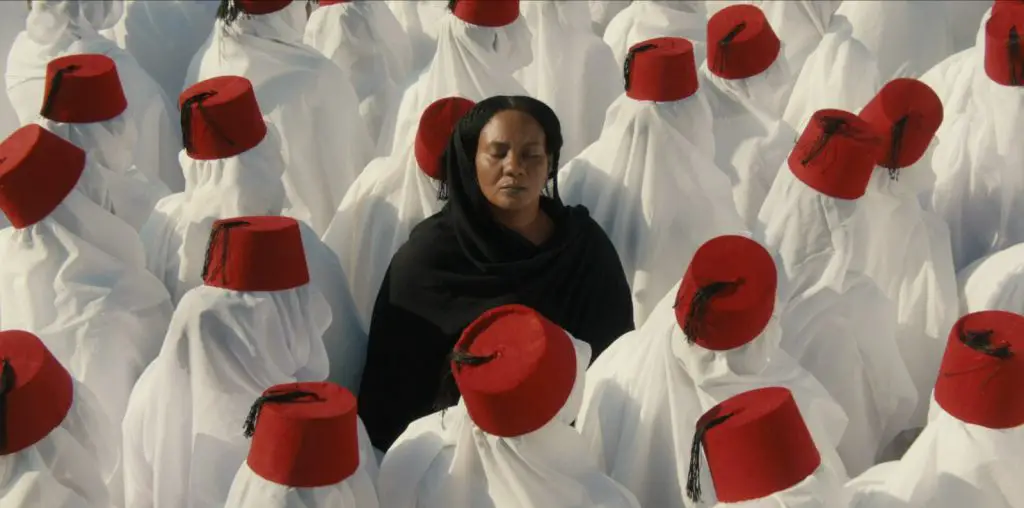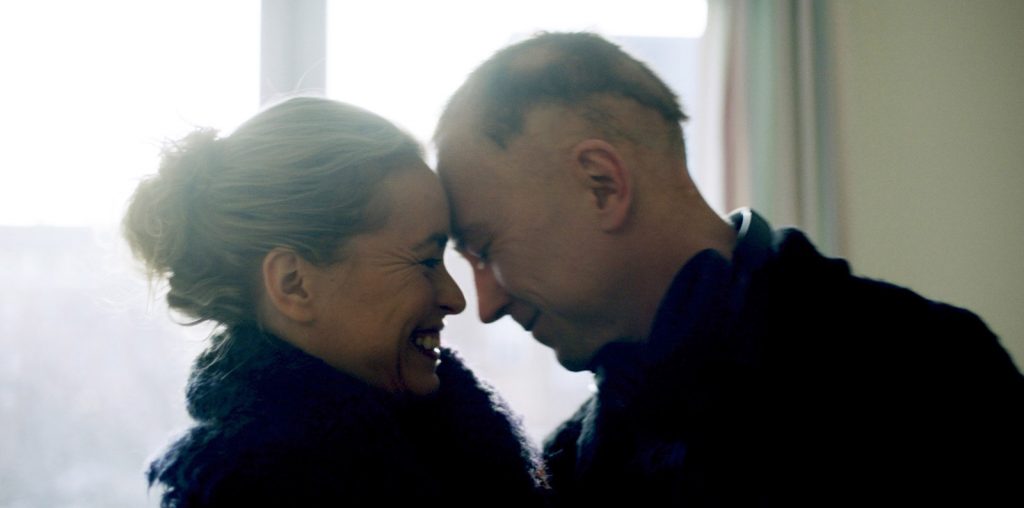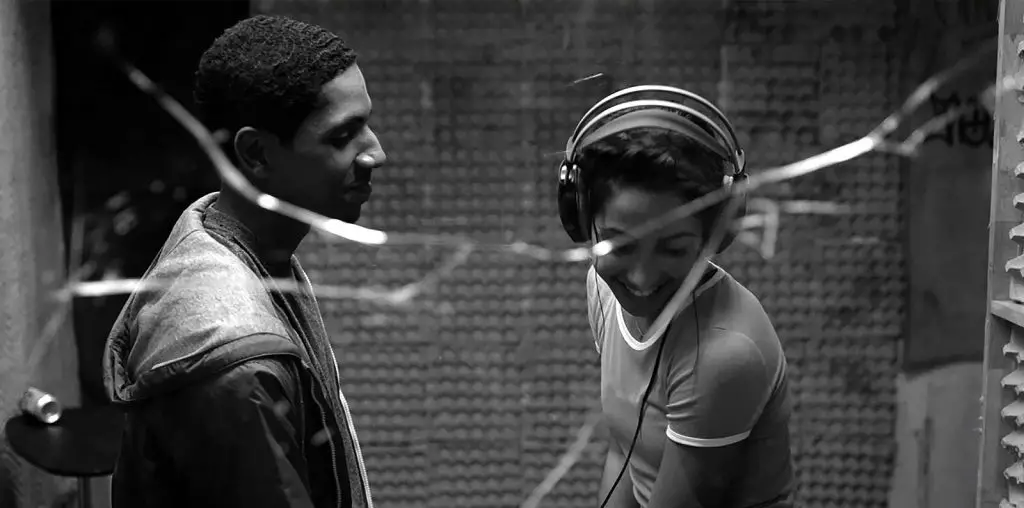
Undine begins normal enough. A couple of chic Germans—leather jacket, styled hair—hovering around 30 sit at an outdoor café, sharing one of those tables that’s just too small. You’d think they’d put the small tables inside and the big tables outside, but that’s not important right now. Their relationship is on the rocks and likely to become a pile of wreckage at the bottom of the sea—an analogy that will soon make more sense.
Their conversation is cut short when Undine (Paula Beer), clearly the more important of the two, has to get back to work. She tells her boyfriend, Johannes (Jacob Matschenz), that if he leaves the café before she gets back, he will “have to die.” Since it’s only been five minutes, and we don’t know what kind of movie writer-director Christian Petzold is aiming for yet, the threat is taken seriously, perhaps more by the audience than Johannes, considering he’s not there when she gets back. Looking for him, Undine runs into Christoph (Franz Rogowski), who, in turn, runs into a fish tank. As the two of them lay on the carpet, soaked and surrounded by freshwater knick-knacks, they open their eyes and realize their destinies have been forever intertwined.
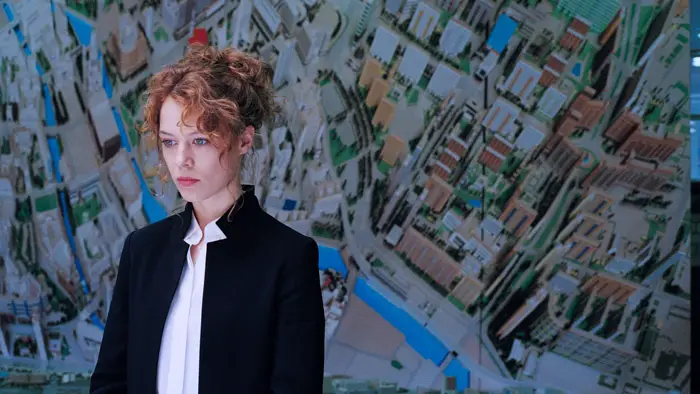
“Looking for [Johannes], Undine runs into Christoph, who, in turn, runs into a fish tank.“
But Undine isn’t the raw, deeply human story it introduces itself as. In fact, it becomes distinctly inhuman. The filmmaker flirts with magical realism, crafting a dramatic, fantastical mystery in a soft-spoken sort of way. However, the movie always feels more magical than real, even before it shows its hand. The scene in which the fish tank breaks is so subtly unusual—the unnatural motion of the tank as it teeters, the aloofness of Undine—that it stands alone as the film’s finest moment. In actuality, it’s the first step in a series of very light, tippy-toe steps from our reality to a more fantastical one.
The casual manner in which this transition takes place is a large part of the appeal. It gives every scene both a mystical and nervous energy, which is supported by a twinkling piano that develops into something unnerving over time. Yet the movie’s too cleanly symbolic for it to leave anything other than a superficial impression. There’s a rigidity to the way in which it sticks to its nautical theme at the expense of its characters. Yes, all the symbols line up, and everything centers around water, but to what end? The most egregious example is a scene in which Undine drops a figure of a diver, and his leg breaks off. Christoph, a diver, later has a diving accident involving his leg. There’s not exactly a lot to chew on there.
When Undine consists of characters caught up in the cyclical dramas of maintaining relationships, it’s enamoring and quickly draws you in. Unfortunately, it cuffs its ankle to some fantastical myth of water spirits, which, frankly, gets in the way. The mundane is only as mundane as you make it, and the supernatural can be painfully mundane.
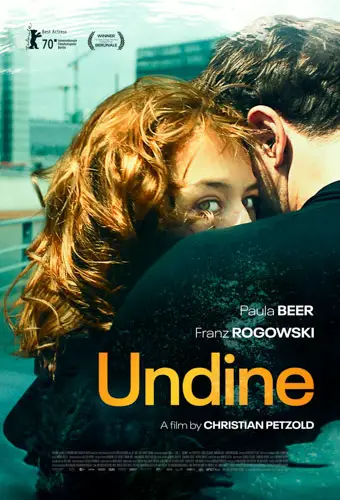
"…every scene [has] both a mystical and nervous energy..."
